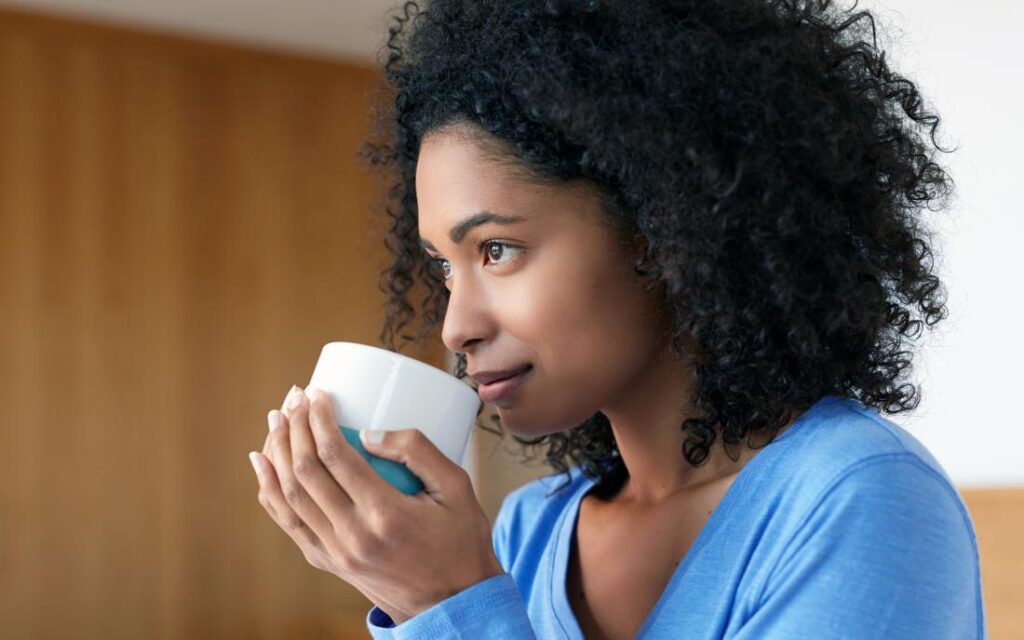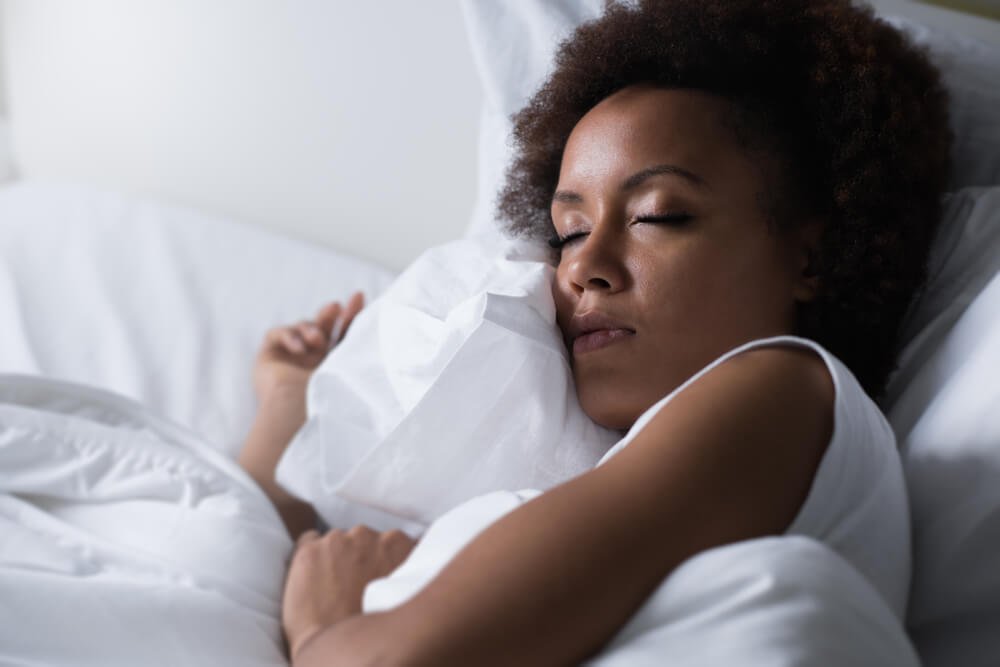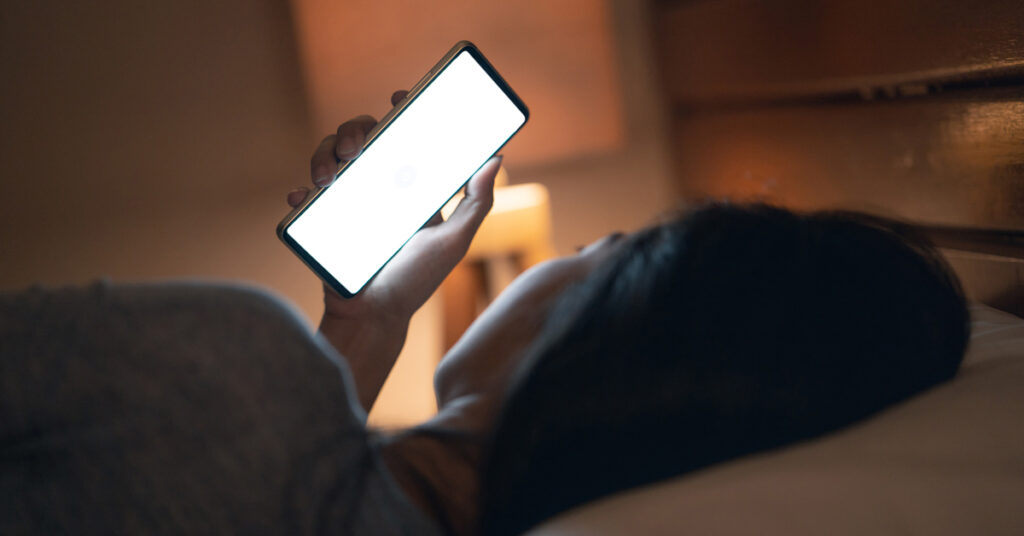The focus on the “hustle” sometimes keeps us from getting sufficient amounts of sleep regularly.
Sometimes you don’t have time to sleep eight hours a day. Other times, you still feel tired in the morning, even after sleeping for eight hours, and you can’t explain why.
Poor sleeping habits can affect you in many ways, including your physical and mental health. There’s a lot of healthy reasons why you should endeavour to get a good night’s sleep, but the most important reason is that it feels refreshing.
Some people have difficulty falling asleep or maintaining sleep for a long enough period. This is known as insomnia. Good sleep habits can help improve your quality of sleep dramatically if adhered to. The things you do around bedtime and even during the day can affect your sleep.
From not using your phone at night to not drinking so much during the day (yes, really), here are six things you need to stop doing if you want a good night’s sleep.
Reduced Caffeine or Alcohol consumption
Caffeine and alcohol are hard to quit, but if you want to sleep better, you’ll need to consume them in smaller quantities, especially at night time.
This shouldn’t come as a surprise, but consuming any form of alcohol or caffeine late at night can keep you awake.
A small amount of alcohol can help you relax, but drinking excessive amounts will stop you from entering a deep sleep. As alcohol is processed by the body, it stimulates the nervous system, causing increased wakefulness, raised heart rate, sweating, intense dreams and headaches.
Hot chocolate can produce the same effect (to a smaller degree) at night depending on how much caffeine it contains.
It’s best that you try to avoid drinking anything but water at night to give you a better night’s sleep.

Avoid late night meals/snacks
If you’re someone who’s always up for a late night snack, you might need to reconsider if you want to fall asleep faster.
Eating late at night keeps our bodies working when they should be resting. Your metabolism starts to kick in and your body doesn’t get the deep sleep that’s necessary for a restful night.
It is recommended that you leave at least two hours between your last meal and bedtime.
You should also try to eat enough during the day to avoid feeling hungry at night.

Minimize day time naps
Taking a nap during the day can give you the necessary boost to get through the day, but you need to be careful with them or else you won’t be able to sleep at night, causing you to take another nap the next day, and creating a vicious cycle.
It’s been proven that taking short naps can help your body and brain function during the day, but try to keep them below the 30-minute mark so you avoid having trouble sleeping at night.
You should also consider when to take your naps. If you take naps too late in the day, you’ll confuse your body and won’t be able to fall asleep when you have to.
Try to keep them short, take them early during the day and around the same time during the day to avoid losing sleep at night.

Don’t Exercise Too Late at Night
There’s absolutely nothing wrong with daily workouts, and it’s been proven that exercising can help you improve the quality of your sleep, but you need to know what time of day to work out.
Avoid working out before your bedtime because, just like caffeine or food, exercise is a stimulant that’ll automatically wake your body up and fill it with energy, adrenaline and increase your alertness.
Try to workout during the daytime to avoid raising your adrenaline levels unnecessarily right before bedtime. It’s worth noting, though, that everyone is different and some people don’t have any issues with exercising before they go to bed. If you can’t work out during the day because of lack of time, try working out at different times of day to see how your body responds.

Use your bed for sleeping only
Avoid spending time in bed doing other activities such as watching tv, working or playing video games. You need to use your bed as a trigger to let your body know it’s bedtime. If you carry out all these activities in bed, you’re subconsciously telling yourself that your bed is for everything, not just sleeping. If you only use your bed to sleep, you’ll know it’s bedtime once you lay down at night, helping you create a sleeping ritual.
Avoid Using Your Phone at Bedtime
You’ve probably heard this before, but using your phone at bedtime can reduce your sleep quality.
The blue light your phone emits at night can be harmful to your eyes. It can prevent you from sleeping, cause you to strain and even dry your eyes.
Experts also say that using your phone at night suppresses the release of “sleep-promoting” neurons while activating neurons that promote arousal and stimulate your body, forcing you to stay awake longer than you should.
It’s recommended that you stop using your phone for at least 30 minutes or more before you go to bed. This also applies to other devices. Whether it’s your computer, your tablet, or your Nintendo Switch, it’s better that you stay away from them at bedtime.
Sleep is for the strong. Sleep is the time your body uses to rest, heal and recover so make sure your prioritise getting enough good quality sleep.







